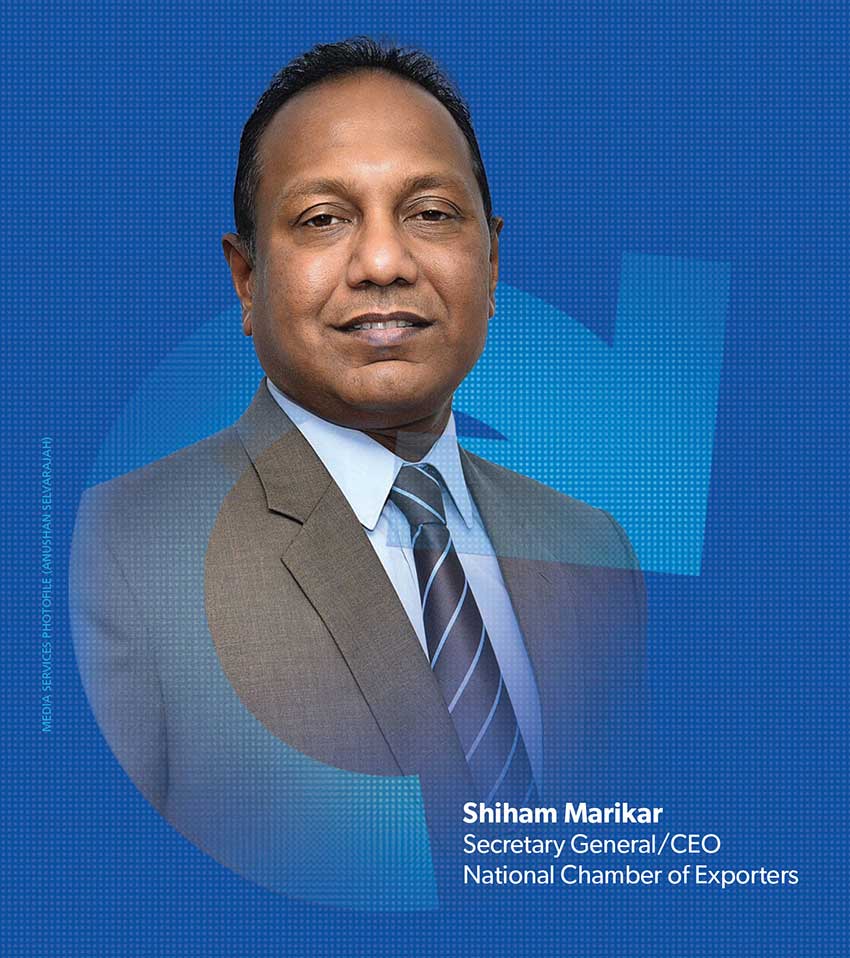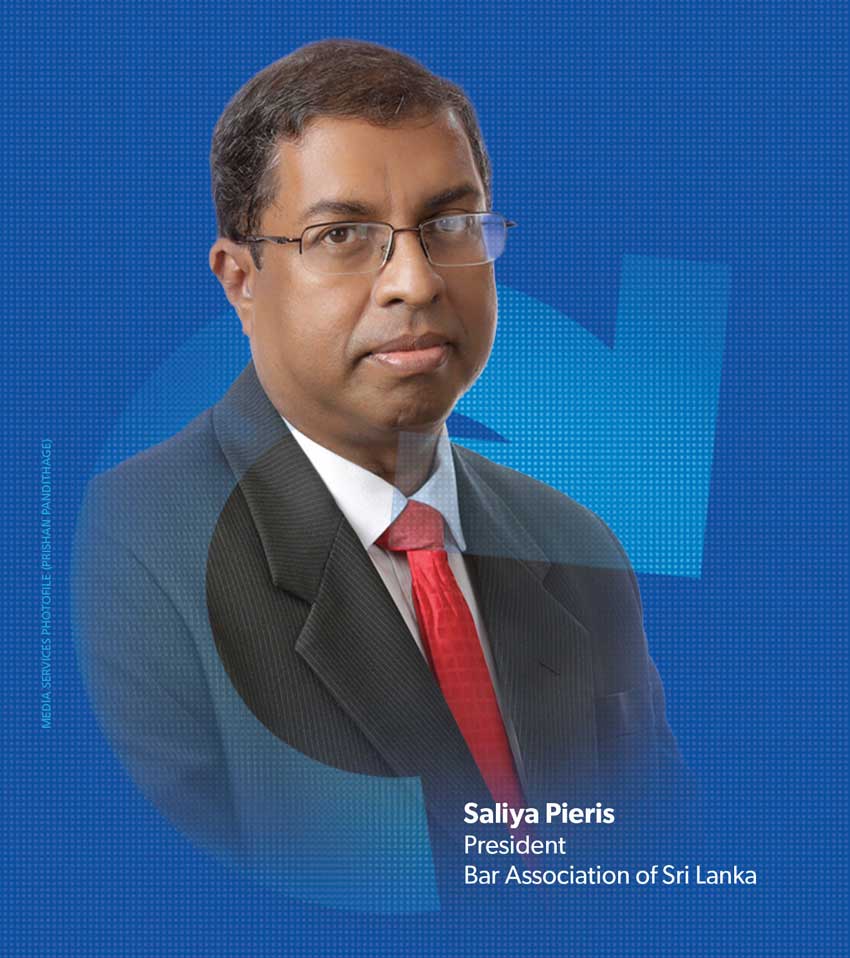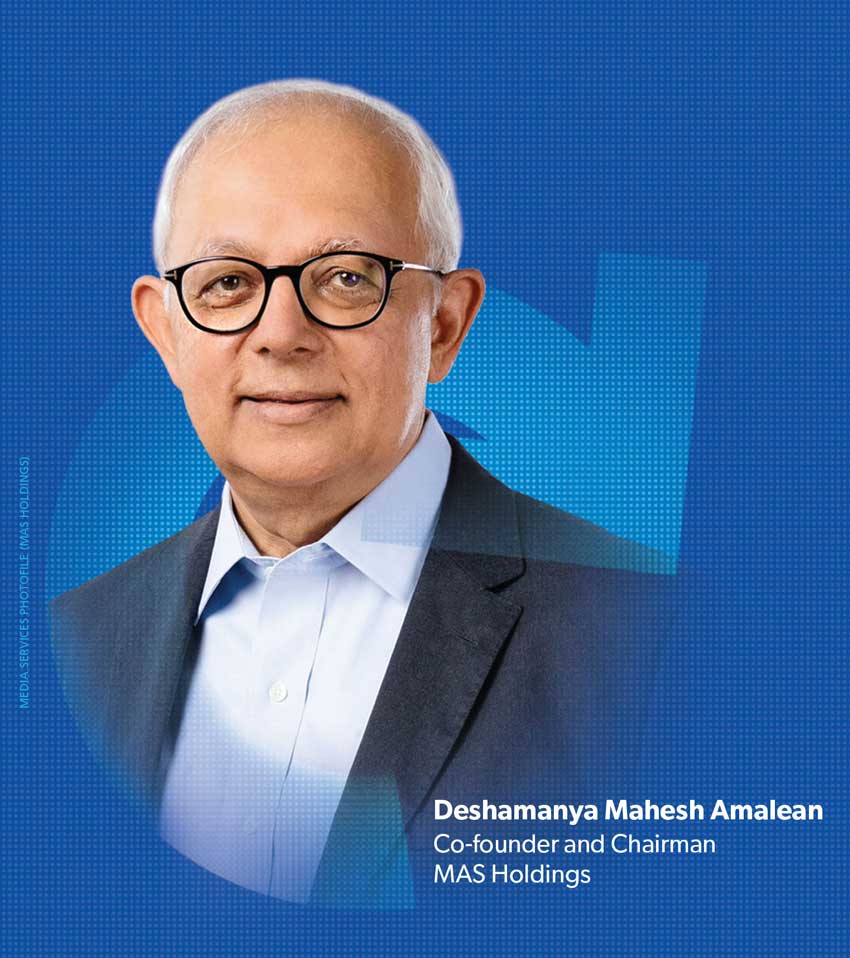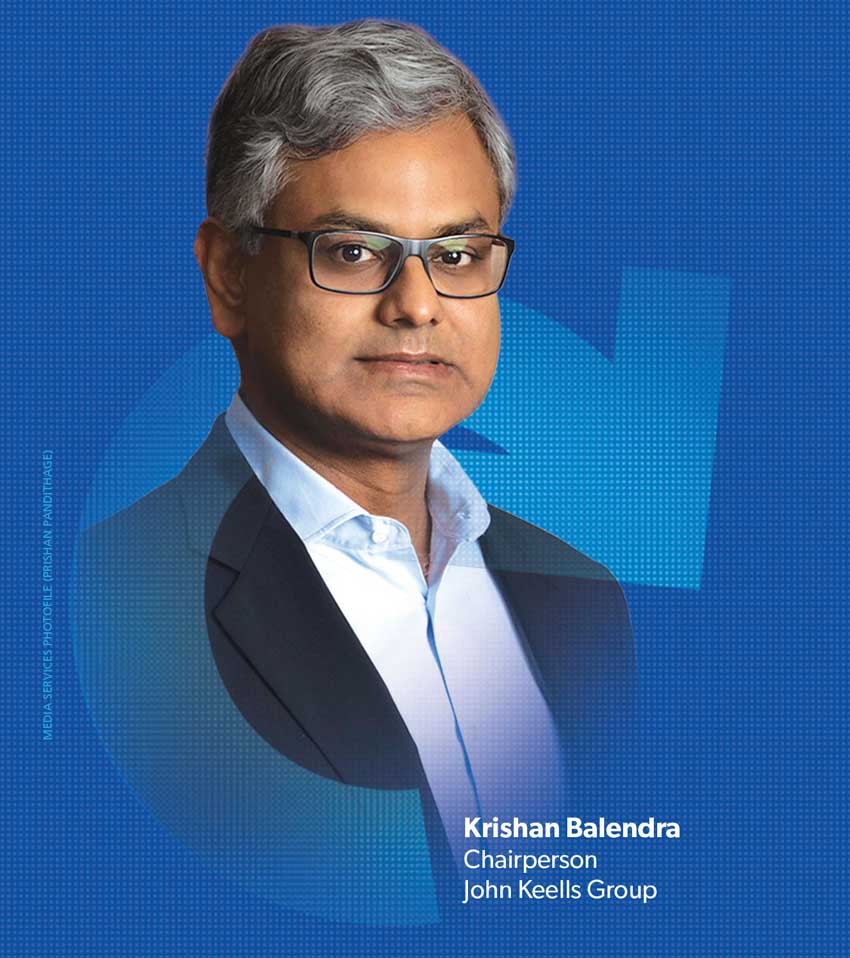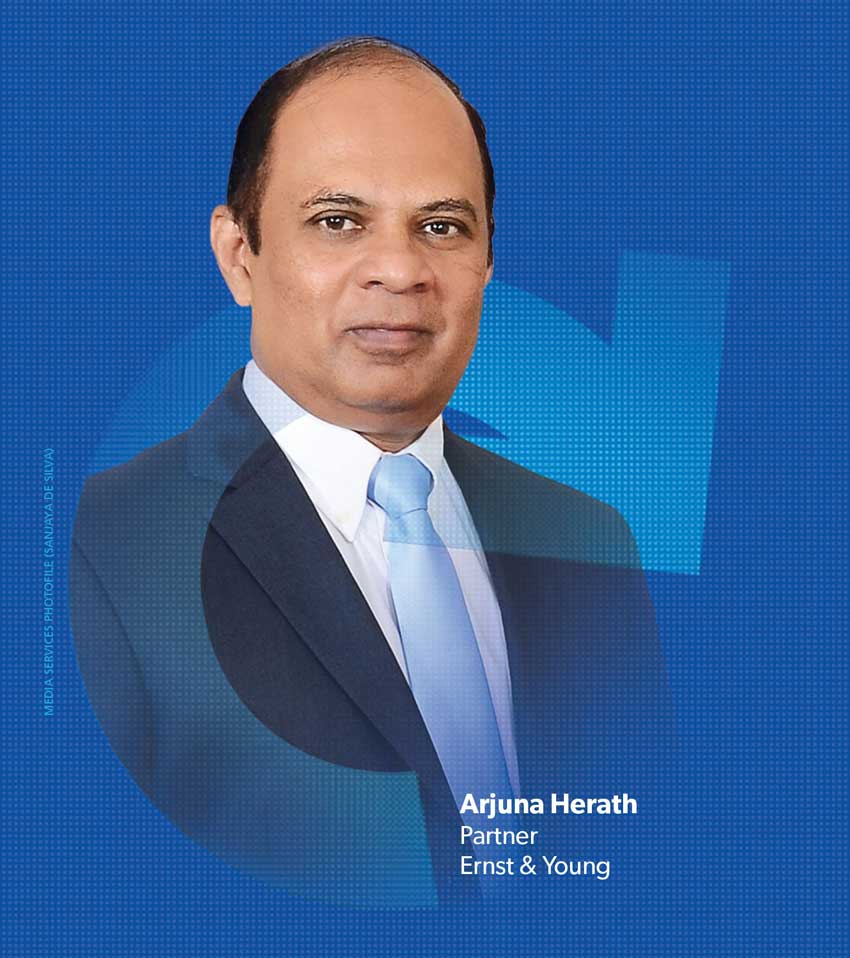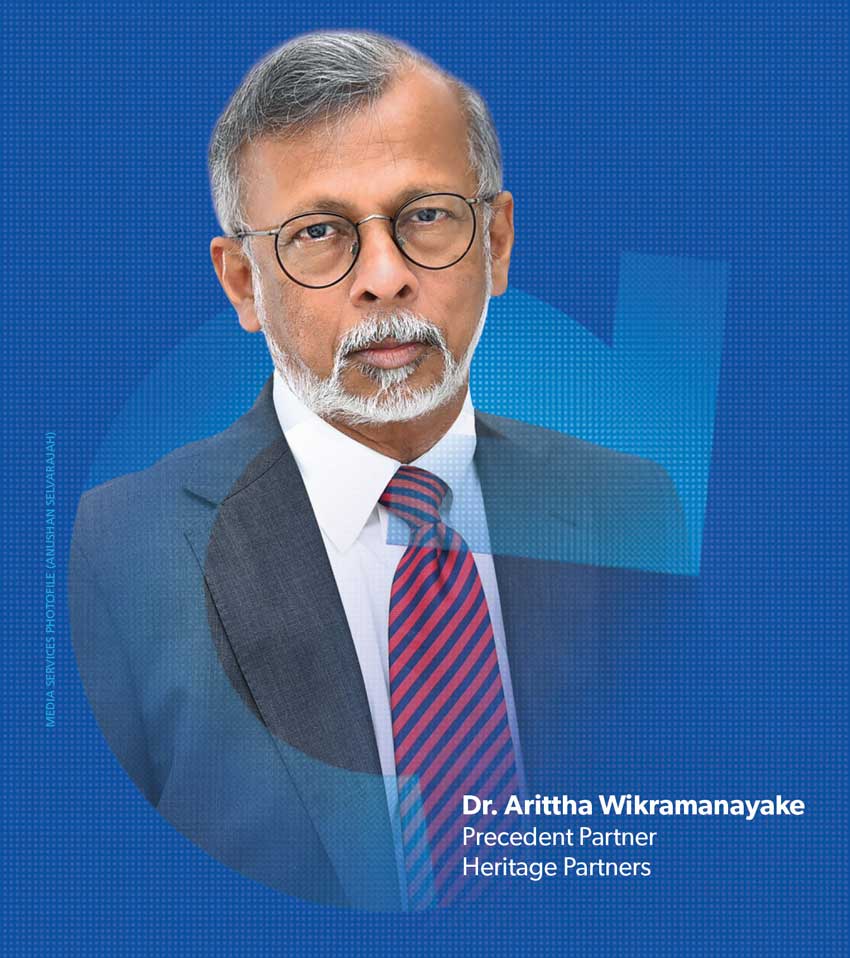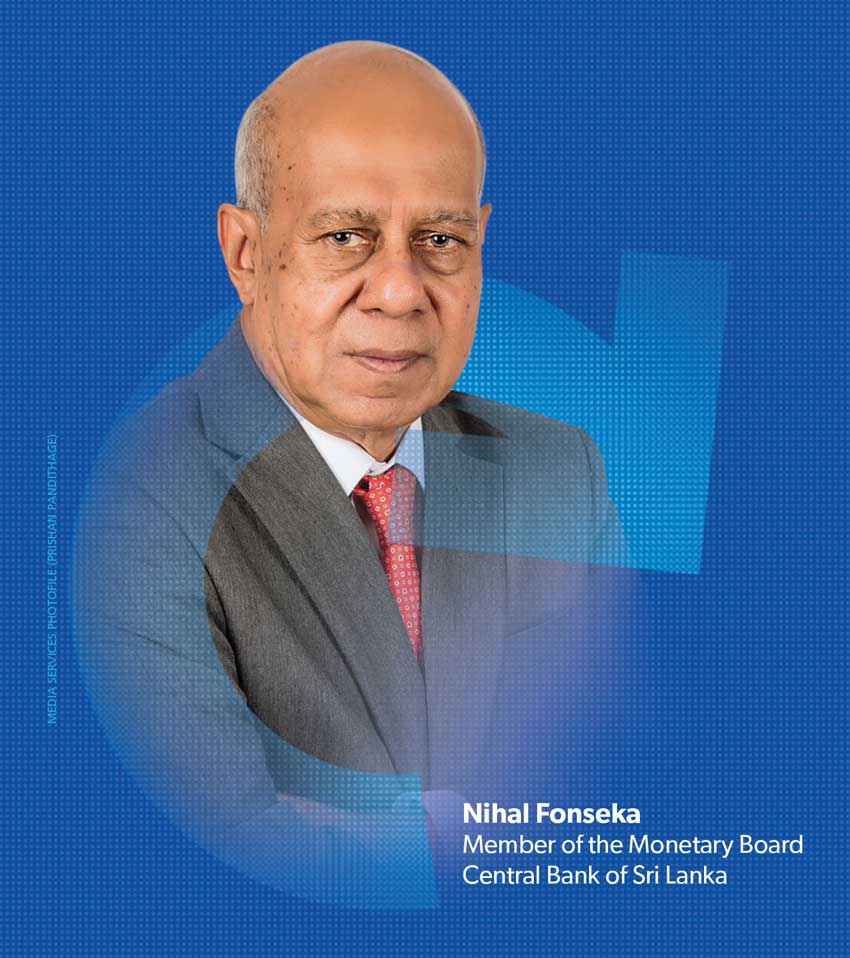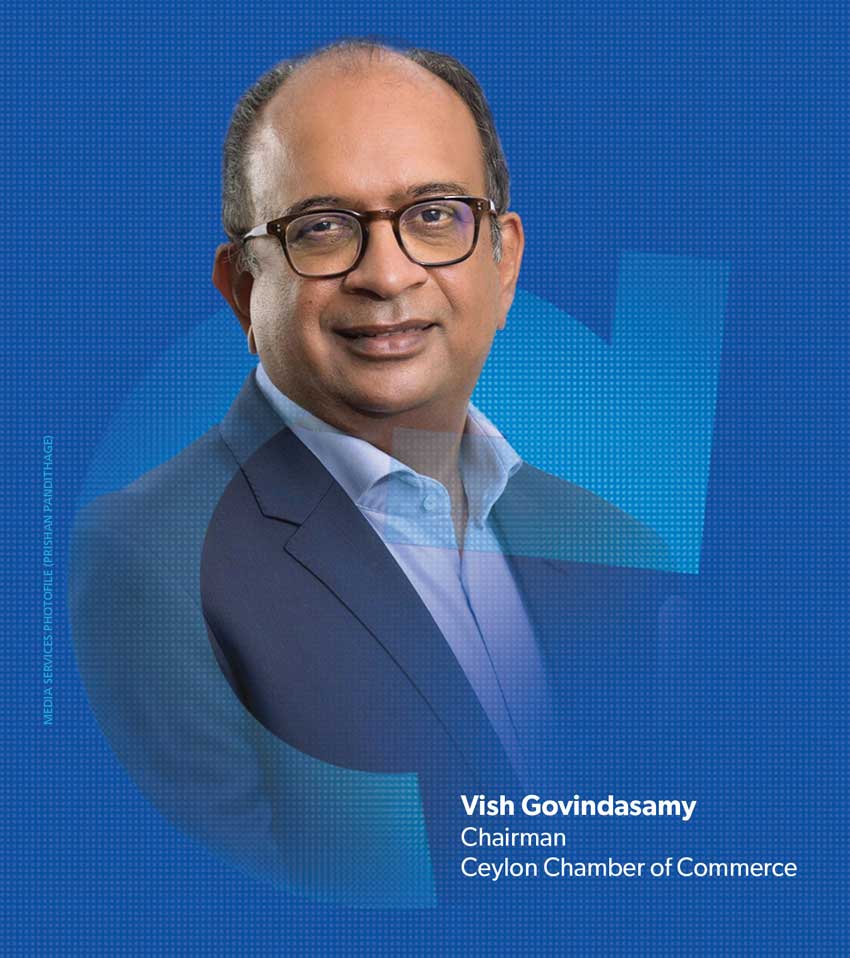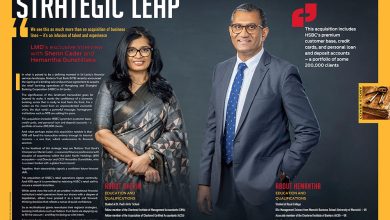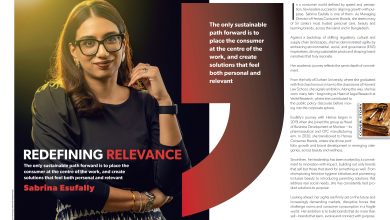REFRESH SRI LANKA
BEING THE CHANGE
RETHINKING THINKING
Too much is hardwired that is detrimental to wellbeing. Our thoughts are our most powerful enemy... or ally. What we feed our minds with ultimately dictates so much of whom and what we are... and what we do. The words we use can come to define us. Our thoughts and words dictate our actions.
This is a time for honest introspection. A moment of ‘let ye without sin cast the first stone.’
There is so much that is good that can be better – and so much that is bad that could be good. It’s simply a question of will. Of what one will and will not do.
So the time is now – to rethink thinking and thereby rewire our actions and reactions – and responses – so that we may refresh a nation.
Words have always shaped people; and consequently, nations. As our habit of real immersion in a good thought provoking attitude altering book written by a good writer has dwindled, so has our capacity for the depths of character demonstrated by the men and women of the past we are so fond of lauding.
Take a look at the lives of the great men and women who have shaped the world – especially those who worked to make it a better planet for all humankind – and you will find people who made the investment in developing not only their knowledge but their minds. This is why their words and actions are memorialised.
It’s time again – now – to regain some of that diligence and seek sources of information greater than sound bites and social media posts. Time to seek contexts and other points of view. Time for some serious reading (and listening) so that our thinking, speaking and acting is elevated to something more than ‘What’s in it for me?’
To refresh a national attitude, we have to reboot the national mindset.
We’re a nation blessed in ways more abundant than we stop to consider. We are a people desperately in need of good fortune of our own making – so that we may enjoy the plethora of riches we call Sri Lanka.
If everyone makes that altruistic effort to act in the interest of the national wellbeing, we all win – now and for the future. After all, we reap as we sow.
This stanza from a song recorded over three decades ago has a message still as haunting today as it ever was...
I’ve been a victim of a selfish kind of love
It’s time that I realise
That there are some with no home
Not a nickel to loan
Could it be really me pretending that they’re not alone?
We are not alone; and yes, we all have to start with the man, woman or child in the mirror, and ask them to change their ways. Because being the change required to refresh a national mindset starts with each and every man, woman and child.
Let’s not forget that even if no one sees what you do or knows what you think or hears what you say, you do.
– LMD
Civic-Mindedness
The simplest explanation of civic sense is having concern and respect for fellow human beings. It is due to the norms of society, which include respect for the feelings of others by maintaining a level of courtesy and proper manners. It’s a personal responsibility that comes from within.
Indeed, the personality of any entity is reflected by the collective behaviour of people associated with it.
In a complex and fast moving modern society, discipline and order have been seriously challenged. Given the recent vexing issues faced by citizens, the importance of these two vital principles has been highlighted.
The loss of human life through clashes simply because one cannot be patient until one’s turn to obtain fuel is a stark indication of the cruel reality of the lack of discipline and order. Such poor behaviour will not solve the burning issues we face; instead, they could have disastrous ripple effects.
When law and order is mishandled in a society by its people, sometimes they’re not aware of the effects it will have on society as a whole. The repercussions will impact and influence future generations, as the younger generation witnesses the worst aspects of the society they live in.
As responsible citizens, it is time we begin to think more rationally even if we’re overwhelmed by social and economic issues. By behaving responsibly, and upholding law and order, we should be living examples.
Another strategy would be to introduce a leadership training programme for school leavers. This would go a long way in creating a disciplined and law-abiding society, and boost self-confidence.
As responsible citizens, it is time we begin to think more rationally even if we’re overwhelmed by social and economic issues
Conforming to the laws of the land
Rather than talking about the need to conform to the laws of the land, I would stress the importance of adhering to the rule of law. The rule of law means that people are governed not by the whims and fancies of individuals but by the law, which provides certainty and predictability. The rule of law also means respecting human rights (such as the rights of human liberty and security) and individual rights and freedoms (such as freedom of expression, peaceful assembly and the right to dissent). One cannot speak on the need to conform to laws without speaking of the need to respect human rights – including the rights of the weakest groups of society. It’s important that not only the citizen but also those in government respect the rule of law and act within the framework of the spirit of the law.
Conforming to the laws of the land also requires the state to apply the law with an even hand and not apply the law in an indiscriminate manner.
However, we should also not forget that human history is strewn with examples of people consciously refusing to conform to laws that were cruel, inhuman or manifestly unjust, and practised civil disobedience.
Mahatma Gandhi’s Salt March was intended to defy the unjust laws of the British rulers who had imposed a tax on the production of salt.
In the United States, Rosa Parks was arrested by the police for refusing to give up her seat to a white individual in defiance of the segregation laws, which operated in the bus services in Alabama. It is said that as the officer took her away, she recalled that she asked: “Why do you push us around?” She remembered him saying: “I don’t know; but the law’s the law and you’re under arrest.”
So in certain extreme cases, there may be a higher duty to disobey the law – such as the laws of apartheid and segregation, and those that violate the principles of our common humanity. In expressing dissent, one must be mindful that such expressions do not spill over into violence or result in wrongful deeds.
As Martin Luther King said, in his famous speech from the Lincoln Memorial: “Let us not seek to satisfy our thirst for freedom by drinking from the cup of bitterness and hatred. We must forever conduct our struggle on the high plane of dignity and discipline. We must not allow our creative protest to degenerate into physical violence.”
It’s important that not only the citizen but also those in government respect the rule of law and act within the framework of the spirit of the law
A country can develop only when policy makers set the rules according to the laws of the country – and when these laws then regulate and guide the day to day existence of all citizens in an equitable manner.
Upholding the rule of law – conforming to the laws of the land – is the need of the hour. Safeguarding the checks and balances enshrined in our constitution, and set out in the statutes, should be the responsibility of our leaders, lawmakers and policy makers so that society as a whole may benefit, and development and progress can be supported.
Laws must be in place to deter and prevent the abuse of power, fraud and any action that goes against the country’s and its citizens’ interest. But laws alone will not resolve the imbalances and abuse of power.
We cannot expect a just outcome merely by expecting the law to be followed by citizens alone. The rule of law must govern all – without discrimination or favour, especially those who hold and wield political power – so as to ensure that justice and equity prevail no matter what, and regardless of individual circumstances.
Too often, have we seen too many instances in which the law has been applied unequally. Too often, the abuse of power has been to the detriment of the most vulnerable. This is and has been a significant stumbling block to national development and progress.
The rule of law and order should be untainted by politics and beyond reproach, and every citizen should be equal before the law, regardless of rank and resource.
The rule of law and order should be untainted by politics and beyond reproach, and every citizen should be equal before the law
Ethics and professionalism
Ethics and professionalism have always been at the core of building MAS. Especially in an industry where ethics have continuously been called into question, we were resolute from the beginning to never compromise on it.
As it turns out, that resolve has set our company apart in terms of our uncompromising value system and industry expertise.
As founders, coming from a family run business, we shaped the organisation through our personal values and ethics of putting people first, and always choosing to do the right thing at every turn.
But we understood that both ethics and professionalism are critical to keeping an organisation in balance.
For this, we were determined to bring in the right expertise and professionals from outside to strengthen the organisation. As business leaders, we defined the moral grounding of our business with care, ensuring it could operate as an anchor for our workforce while we let the professionals do their job.
These two aspects have formed two critical pillars of what is now a global apparel tech conglomerate and an industry leader that has journeyed over 35 years with agility and resilience.
What is striking about these two pillars is that they matter immensely in helping companies adapt to moments of crisis. In crises, business ethics and professionalism drive organisations to be sensitive to externalities, adjust to change and embrace new opportunities, whilst uplifting the people and communities around them.
We can see this happening now in Sri Lanka. Today, manufacturers are working together to protect Sri Lanka’s standing as an industry leader, to build the export sector and strengthen the economy – and they are making every effort to provide large-scale support to vulnerable communities.
Ethics make these efforts genuine and uncompromising while professionalism sharpens these decisions to make business sense.
This is not something new or unique to the present crisis. There have been times in the past when we made big business decisions based on the same thinking. In 2009, when the nearly 30-year conflict ended in Sri Lanka, we asked ourselves what we can do as a corporate to help postwar transition and reconciliation.
We could have set up manufacturing anywhere in the world but decided to do so in the north. For us, helping the economy and people in war affected areas served an ethical purpose. As it turned out, the business prospered. In retrospect, we can be proud of our decisions.
A foundation of ethics and professionalism help companies identify new, necessary points of focus in the face of change. They steer organisations to make tough decisions that ultimately help the entire ecosystem thrive.
A foundation of ethics and professionalism help companies identify new, necessary points of focus in the face of change
The trust placed on corporates by all stakeholders based on integrity, ethics, professionalism and good governance is extremely powerful. As these elements translate into always doing the right thing, it builds customer loyalty, strengthens value chains, increases the talent pool for recruitment and helps retain talent, garners respect from the community and provides unwavering support even in the most challenging times.
As such, stakeholders hold corporates accountable on environmental, social and governance (ESG) policies and practices.
As professionals and corporate leaders, we have the opportunity to set the benchmark for good governance, transparency, accountability, ethical conduct, and a commitment to diversity, inclusivity and social responsibility.
We also have the platforms to communicate the importance of these values by showcasing our actions and initiatives in these aspects, leading by example, so that others may be encouraged to emulate us.
Investing in our people, providing a safe, inclusive and respectful work environment will support our people to uphold company policies, and live by the organisation’s values and code of conduct, which is a key driver of professionalism and ethical conduct.
Further, it is important to continuously assess our footprint on the planet and ensure that we are mindful of our use of natural resources. We must strive to seek innovative sustainable and alternative solutions.
As responsible corporate citizens, we must also understand the needs of our communities especially during this time with regard to the sustainability of livelihoods and provision of education and nutrition, and make an effort to support them through corporate networks and synergies, thereby enabling economic growth at the grassroots.
Through the positions of membership we hold in a diverse range of professional groups and governance bodies, we have the ability to shape ethical policies, influence and address industry concerns, uplift industry norms and act for the betterment of the business environment as a whole.
Underpinned by corporate governance and sustainable development principles, at John Keells our strongest attributes are our core values of integrity, trust, innovation, caring and excellence.
We are committed to upholding group policies where emphasis is placed on ethical and legal dealings, and zero tolerance for corruption, bribery and any form of harassment or discrimination.
The business community and public sector need to act with integrity at all times, if we as a nation are to prosper.
It is important to continuously assess our footprint on the planet and ensure that we are mindful of our use of natural resources
Giving is as bad as taking
As the saying goes, ‘one needs two hands to clap’ – and this is so true in this context. We talk about bribery and corruption, and always blame politicians, state sector employees, the police and so on. But there is another aspect that’s seldom voiced.
The argument often heard is ‘What to do, if we don’t give we can’t get our job done; so we are compelled to give!’ How pathetic is this?
If everyone gets together and brings down powerful politicians, if all the givers get together, they can certainly ensure that there will be no takers! Yes, we can do this for sure.
If a large project is offered to a company and the politician in question, or his or her taker, is expecting a kickback, the company has to decide what course of action it should take. No doubt a hard decision when shareholders are at your neck for returns and the fear is that your competition will grab the opportunity.
But if one isn’t bold enough to take these decisions, I do not think we have a right to blame the takers. Because if nothing is given, there is nothing to take!
All of us together have created an environment in which we need to give ‘something’ to get ‘something’ – things as small as getting our garbage collected to winning a lucrative tender for the company- although a distinction will have to be made between a gratuitous payment to the garbage collector and his or her demand for a payment to collect the garbage.
So perhaps without blaming each other, we should push for a more transparent system.
For example, if it’s a tender, let it be something like an online system so everyone has an equal chance to consider applying. Of course, some will still warp it but at least we can minimise the opacity.
In addition, let’s take the decision making away from ministers and appoint a senior bureaucrat who has the right credentials to be in charge of these tenders.
And last but not least, let’s hope the givers will not object to these changes!
The argument often heard is ‘What to do, if we don’t give we can’t get our job done; so we are compelled to give!’ How pathetic is this?
There are many reasons why our generation has compromised core values inculcated by our forefathers. Individualistic and materialistic traits have accelerated the erosion of good values and principles in society.
The demand for and supply of bribes is fuelling rampant fraud and corruption in every stratum of society with scant respect for dignity.
World Bank studies have shown that the poor pay a high percentage of their income in bribes. The poor may even be preyed upon since they’re seen as too helpless to complain.
The giver may be coerced to give by the taker – the bribe giver is almost innocent. Still, he or she has a moral duty to protest this coercion. In our current social system, such protest hardly carries any weight as the chain of authority is also corrupt.
In another scenario, the taker may be coerced into taking by the bribe giver. Much of this can be limited if we have transparent and efficient systems in place, and recruitment based on meritocracy.
Every stolen or misdirected rupee robs society of an equal opportunity in life – and prevents governments from investing in human capital and socioeconomic development.
Corruption is an evil that significantly hurts social values such as respect, transparency, integrity and honesty; it is a severe impediment to sustainable progress. Corruption erodes trust in government and undermines the social contract.
This is the fundamental reason for Sri Lanka being where it is today. Corruption fuels and perpetuates the inequalities and discontent that leads to violent extremism and conflict, which impacts society in its entirety.
A desirable value system must be inculcated and preserved by the flag bearers of society; and from school level, values should be instilled and fostered throughout formal education.
From village level, there must be a mechanism through which people can reach out to report wrongdoers without fearing victimisation. The police, as the guardians of law and order within civil society, must play a pivotal role in this process.
The media must play its role in nurturing the values that are required to build a society we aspire to, and political influence should be minimised. We need a strong bureaucratic system.
It’s critical to have effective checks and balances in place, to oversee and enforce anti-bribery and anti-corruption policies.
Every stolen or misdirected rupee robs society of an equal opportunity in life – and prevents governments from investing in human capital
Most of us share outrage, and bemoan the unprecedented levels of corruption and total lack of action by the government to prevent or punish such acts.
Even though our concern is justified, we need to question ourselves as to whether we can be sanctimonious about it. We must examine our own conduct in creating conditions where corruption can thrive.
Every act of corruption takes two hands: the one that gives and the one that takes. In most instances, it’s the giver who initiates the process and is the root of the problem.
Simple acts of everyday conduct, often to merely avoid inconvenience – such as gratifications for being permitted to cut a line in a government office, being let off with a warning on a traffic offence or a full tank of fuel outside the quota – originate with the giver and is frequently a subject of bragging at social gatherings.
‘Grand corruption’ for larger returns on matters such as government tenders also usually originate from the giver, to stay ahead of the competition.
Similar ‘giving’ – such as a vote for a corrupt politician or even a felicitation at a reception, and turning a blind eye to the misuse of public funds – is equally abhorrent.
Although the ‘taking’ cannot be justified, one can hardly expect the person at the other end of the offering hand to resist such offers when we create conditions where such actions are unlikely to be condemned or sanctioned.
Intentionally or otherwise, we have all equally contributed towards a culture that has made the giving of such gratifications an acceptable practice. We, as a community, need to collectively accept our role in creating this culture and permitting it to become a way of life.
The making of such payments needs to stop.
We need to feel shame about breaking the rules rather than celebrating it as an achievement; to shun those around us who engage in such practices; to treat them as ‘pariahs’ rather than achievers; and certainly not bestow on them awards for being our role models or leaders.
We also need to expose them for the crooks they are.
The bitter truth is that there is little hope of changing the system, unless and until we acknowledge our role as givers.
Corruption is now a way of life. The takers are by and large unconcerned about the consequences of their conduct. They’re confident that they will be reelected, not be prosecuted and invited to the next reception.
On the other hand, we generally have greater control over the givers. They are us. Drastic personal change is therefore essential, beginning with our own attitudes. It is then and then alone that we will see a move towards change.
We must examine our own conduct in creating conditions where corruption can thrive
Paying our tax dues
Many Sri Lankans are obsessed with not paying tax at all or paying far less than they should. Sometimes, they even boast about how they got out of paying their tax dues through various ruses and by using loopholes.
At times, non-payment is legitimately done by lobbying the government to legislate tax free allowances, exemptions, amnesties and concessions, on the basis that these are necessary for development and promotion of investment; but often, there is blatant tax evasion.
According to the World Bank, Sri Lanka’s tax-GDP ratio has dropped over the years – to an abysmal eight percent by 2020 – while the comparative ratio at the time was 27 percent in Sweden, 24 percent in the UK, 14.5 percent in Thailand, 13 percent in Singapore and 10 percent in India.
The outcome in Sri Lanka is due to a combination of intended or unintended state supported avoidance, and large scale evasion by taxpayers.
Meanwhile, the ill-advised tax cuts in 2020, which legitimised a huge tax leakage and having less than 300,000 individual tax files (other than PAYE) among a population of 22 million, shows the sorry state of tax collection and compliance.
Taxpayers try to justify evasion on the basis that there’s no accountability for the allocation and use of tax revenues, and much of it is wasted or stolen. They rightly feel that institutions that are meant to safeguard against abuse – viz. parliament, the auditor general and anti-corruption agencies – are unwilling or unable to provide that protection.
While this has indeed been the sad truth, the remedy isn’t to evade tax for that reason.
The sense of entitlement and Scandinavian standards of social welfare that citizens have come to expect from the state cannot be even partly met unless the country broadens its tax base significantly, and there is much greater compliance by taxpayers.
In this era of technology and digitisation, it’s not difficult to enrol more people as taxpayers and ensure greater compliance. Transactions and high visibility assets can be easily monitored if there’s a will to do so.
Tax holidays and exemptions should be critically analysed, and significantly curtailed to broaden the tax base. The consequences of wilful evasion should be severe. An annual increase in the number of taxpayers and incremental tax collected from that group should be a key performance indicator for the Inland Revenue Department (IRD).
In parallel, an independent budget office or some such mechanism should undertake the task of allocating resources, and discretionary spending power and diversion at ministry level should be eliminated.
Only when Sri Lankans start paying their income and asset based taxes on time – and in full – while at the same time strengthening controls over the use of tax revenues will the country be able to progress to a higher level.
In this era of technology and digitisation, it’s not difficult to enrol more people as taxpayers and ensure greater compliance
Paying our tax dues is a basic civic duty of every citizen. People should understand that it is their tax rupees that pay for basic services and securities – such as healthcare, the function and operation of government bodies, and public goods and services that are provided to every citizen.
As a matter of fact, every citizen aged 18 and above should be required to file a tax return regardless of whether or not there’s a liability to pay taxes. The number on our national identity card should be our tax identification number.
The payment of taxes must be simplified and everyone must be treated equally. There should be no need for any citizen to visit the tax office and have discussions with tax officers. All operations should be carried out digitally.
Moreover, the tax system must be as transparent as possible; and ad hoc changes should not be made based on individual demands and needs. If there is a level playing field and consistent tax policies, no one needs to be enticed with tax concessions to invest in Sri Lanka.
Every citizen aged 18 and above should be required to file a tax return regardless of whether or not there’s a liability to pay taxes


